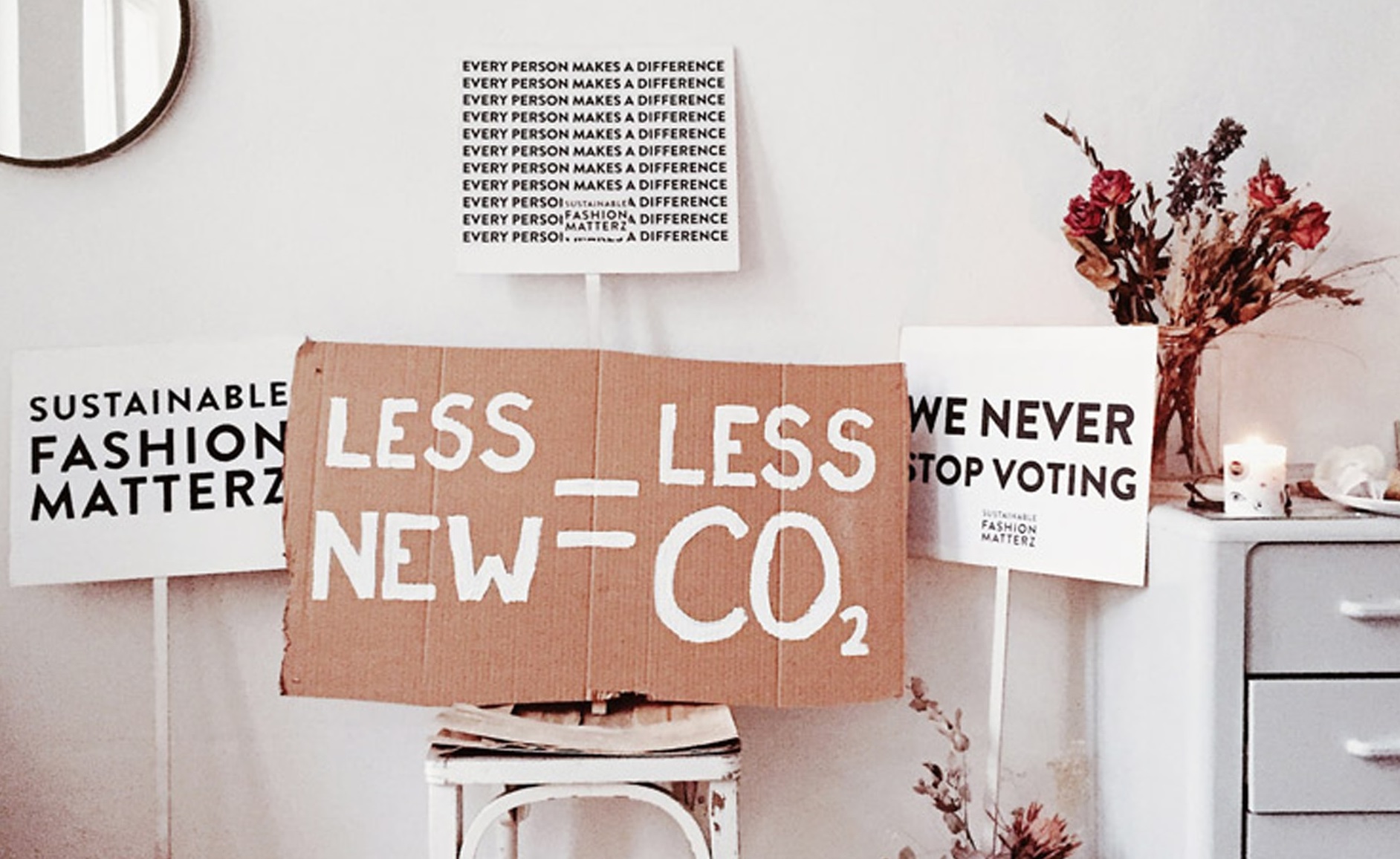1. Walk or cycle to work
Replace some or all of a journey with walking, running or cycling.
In a recent TravelWest survey, people who choose to walk or cycle to work reported higher levels of satisfaction than those who travel by other modes.
Known as “Active Travel”, it’s a great way to be more sustainable and keep fit!
Find out more here.
